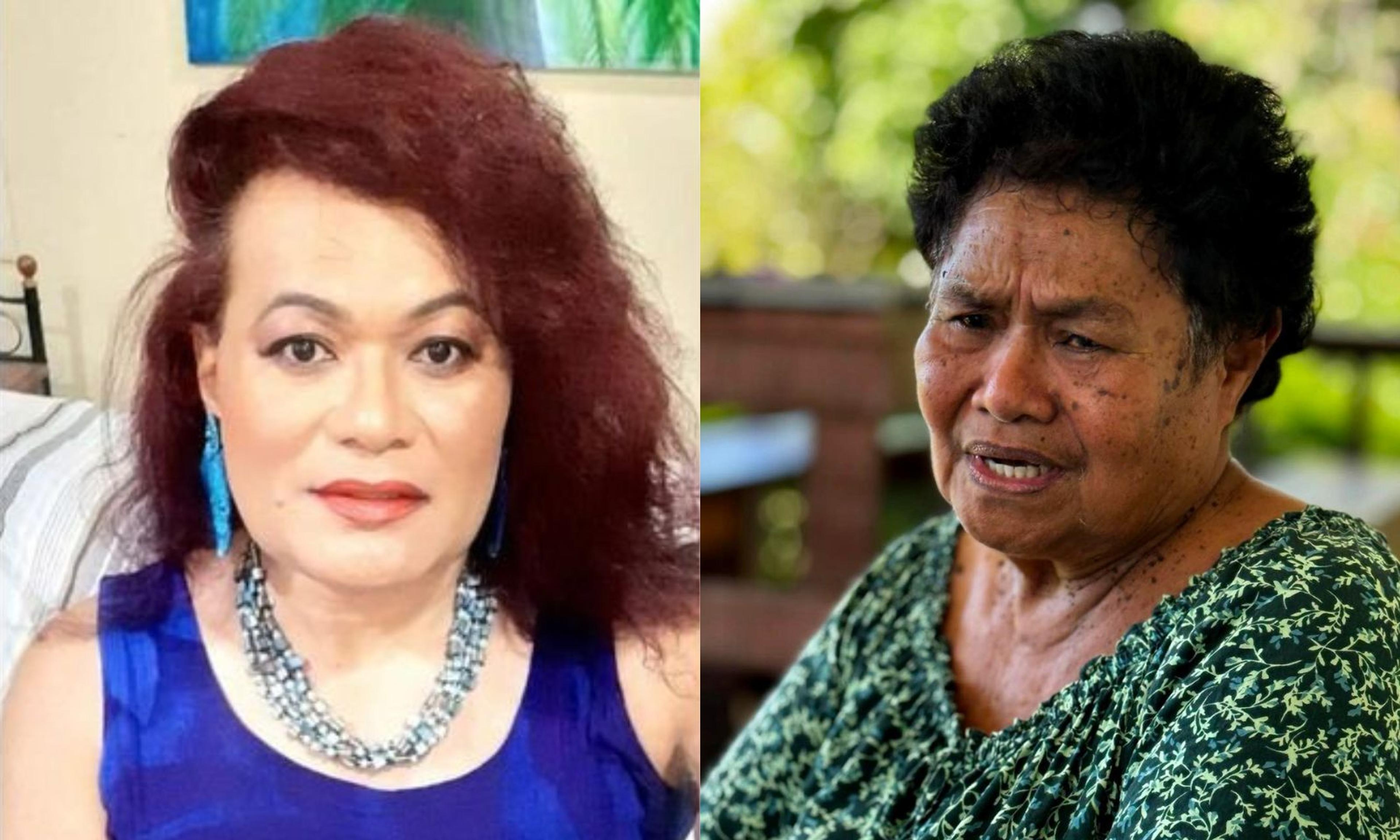

Manoa Seru Nakausabaria Kamikamica is a Fijian politician and cabinet minister who has served as one of the Deputy Prime Ministers since 24 December 2022.
Photo/Supplied
Fiji Trade Minister looks to iwi partnerships and agriculture in potential PACER Plus move
With a focus on agriculture, tourism, and renewable energy, the government is also eyeing co-investment opportunities with local and international partners.



Concerns raised about education changes for Pacific, Māori students
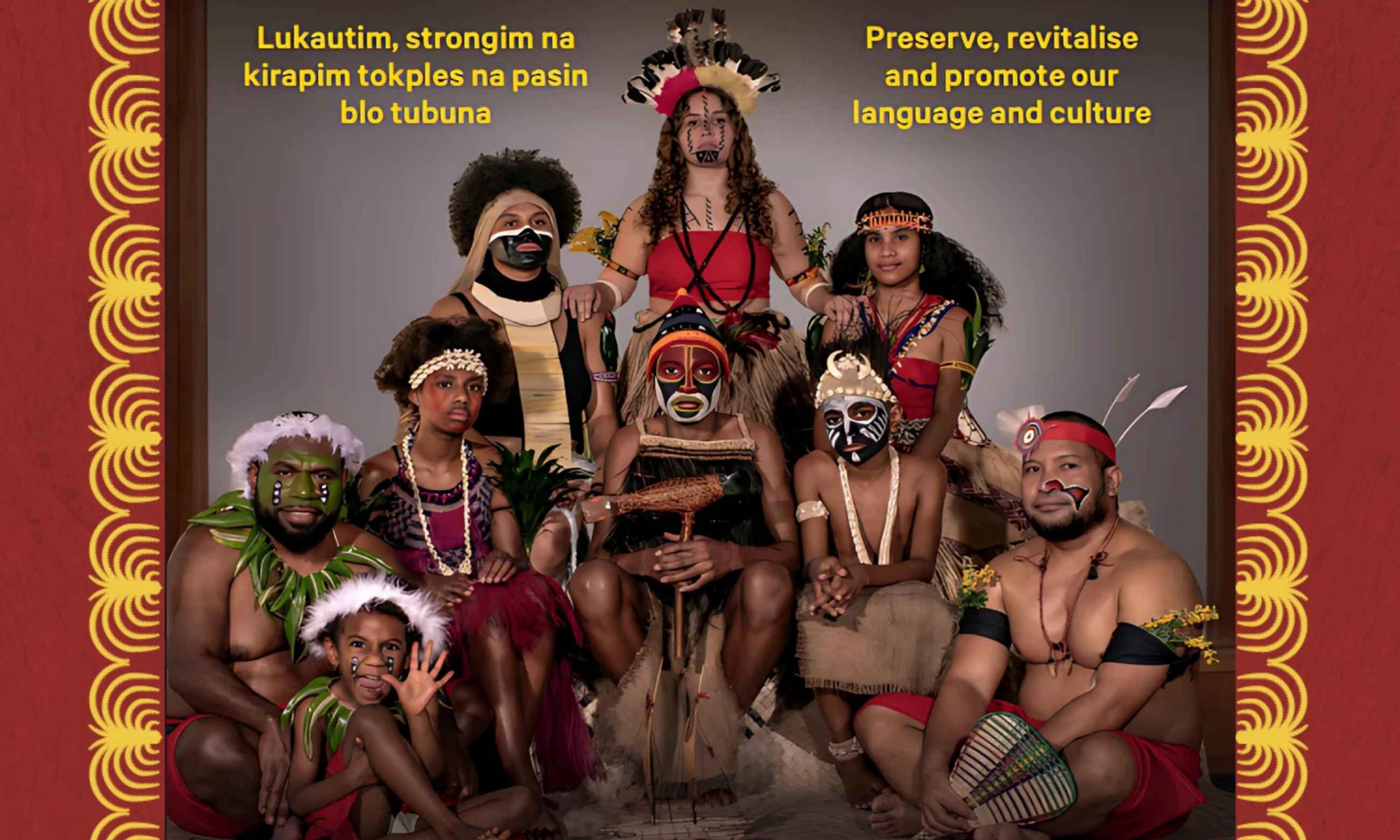
Tok Pisin at the heart of Papua New Guinea Language Week 2025

Fiji Trade Minister looks to iwi partnerships and agriculture in potential PACER Plus move


Two in police custody as investigations unfold in tragic death of Fiji transgender doctor

Concerns raised about education changes for Pacific, Māori students

Tok Pisin at the heart of Papua New Guinea Language Week 2025

Fiji Trade Minister looks to iwi partnerships and agriculture in potential PACER Plus move
Fiji’s Trade Minister has signalled that a decision on whether the Pacific island nation will join New Zealand’s PACER Plus agreement could be made later this year.
Speaking to PMN News during a business forum in Wellington on Monday, Manoa Kamikamica, who is also Fiji’s Deputy Prime Minister, says the discussions have been quite favourable.
“To be fair, a lot of good has been happening before PACER, so one could argue, why do we need PACER?.
“But for us in the new government, we were committed to having another look at the PACER Plus opportunity to see whether it can work to benefit Fiji in this instance.”
The PACER Plus agreement aims to lower trade barriers, improve access to major markets like Australia and New Zealand, and promote trade within the Pacific region.
It also includes binding commitments on key service sectors, including tourism, digital trade, and transport, which are critical to the growth of Pacific economies.
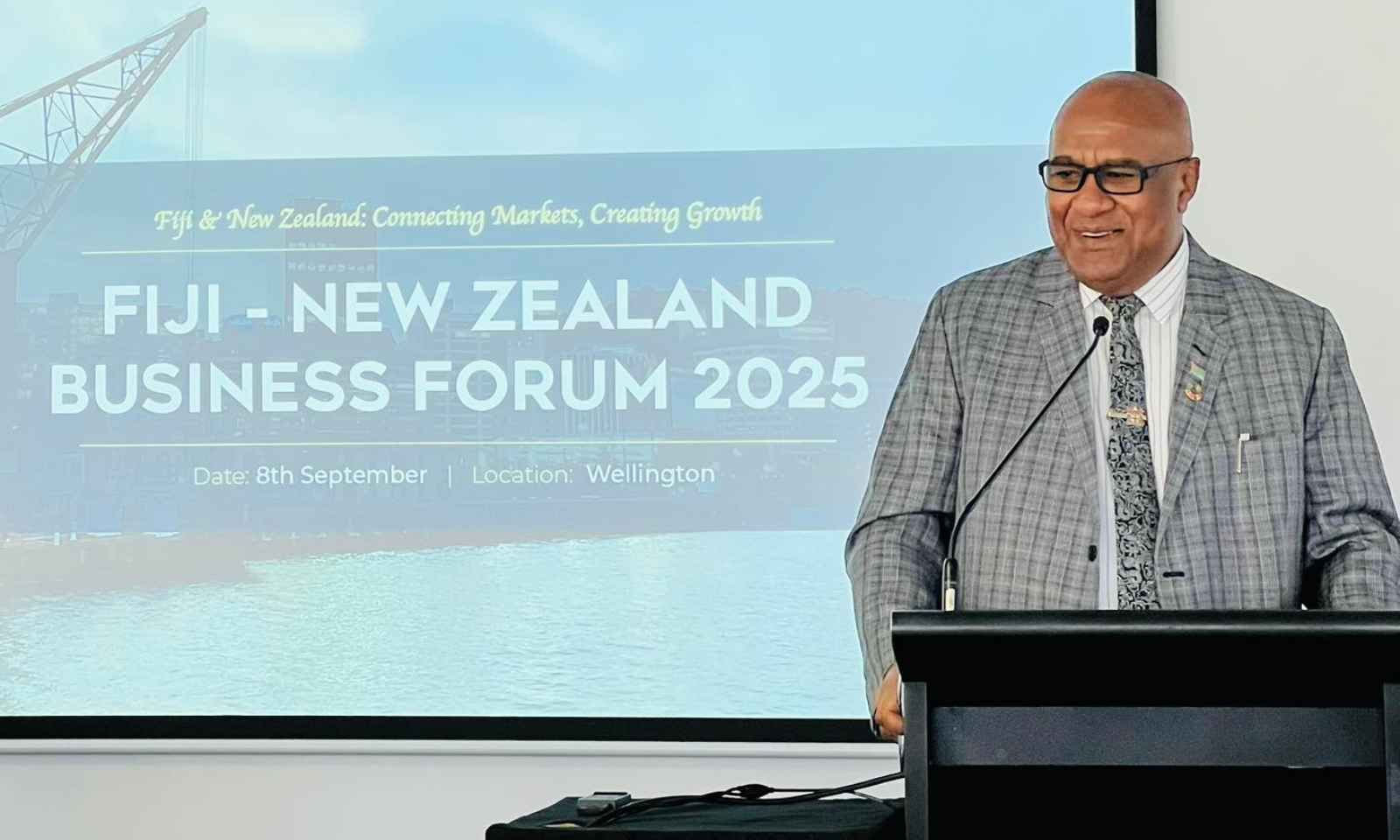
Manoa Kamikamica during the Fiji-NZ business Forum 2025 in Wellington. Photo/Supplied
Fiji and Papua New Guinea are among the few Pacific Island Countries that have not signed the agreement.
Kamikamica raised concerns about liberalising too quickly and the potential impact on core industries.
“But I think the way the discussions have been going, they've been quite favourable and I'm optimistic that certainly by the end of the year, we'll have a clearer picture of what Fiji is going to do with PACER.”
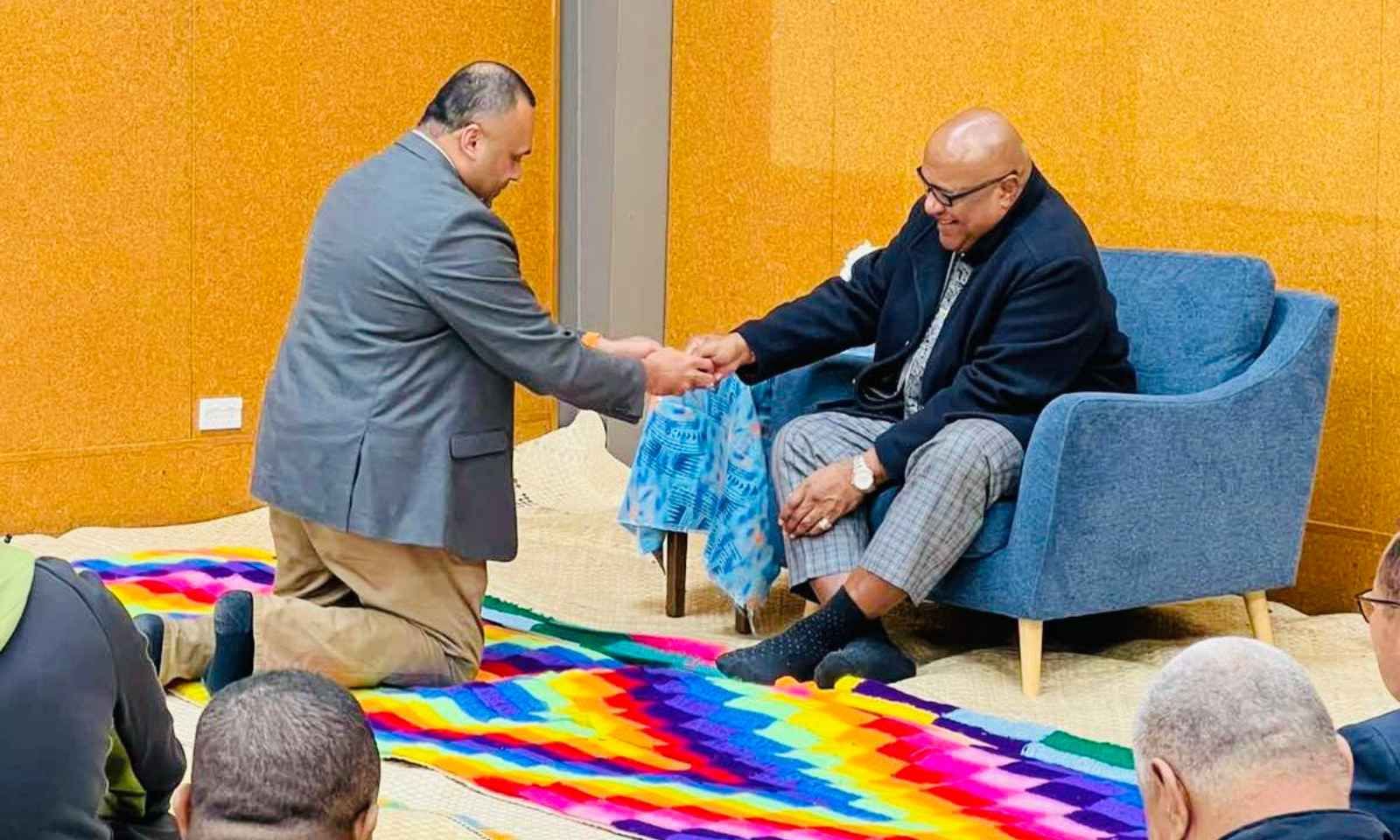
Manoa Kamikamica meeting with the Fijian community in Wellington. Photo/Supplied
During his visit to New Zealand, KamiKamica plans to meet with various businesses, including iwi businesses, which he says is a crucial part of the trip.
“I think the iwi are now quite a well evolved fund, or group of businesses, and we are keen to see how they can dial into the Pacific economies and Fiji and do co-investment.
“Fiji has some large institutional investors as well, who may well be interested in parking capital in New Zealand so there's opportunities both ways.
“Given the expertise of the Iwis in investment, it's certainly something that we can leverage going forward.”
Kamkamica candidly discussed the challenges Fiji faces in turning small-scale farming into a consistent export supply, particularly to New Zealand.
He pointed to ongoing collaboration with New Zealand’s Ministry for Primary Industries to better understand the demand for crops such as taro, cassava, turmeric and ginger, allowing Fiji to plan production more strategically.
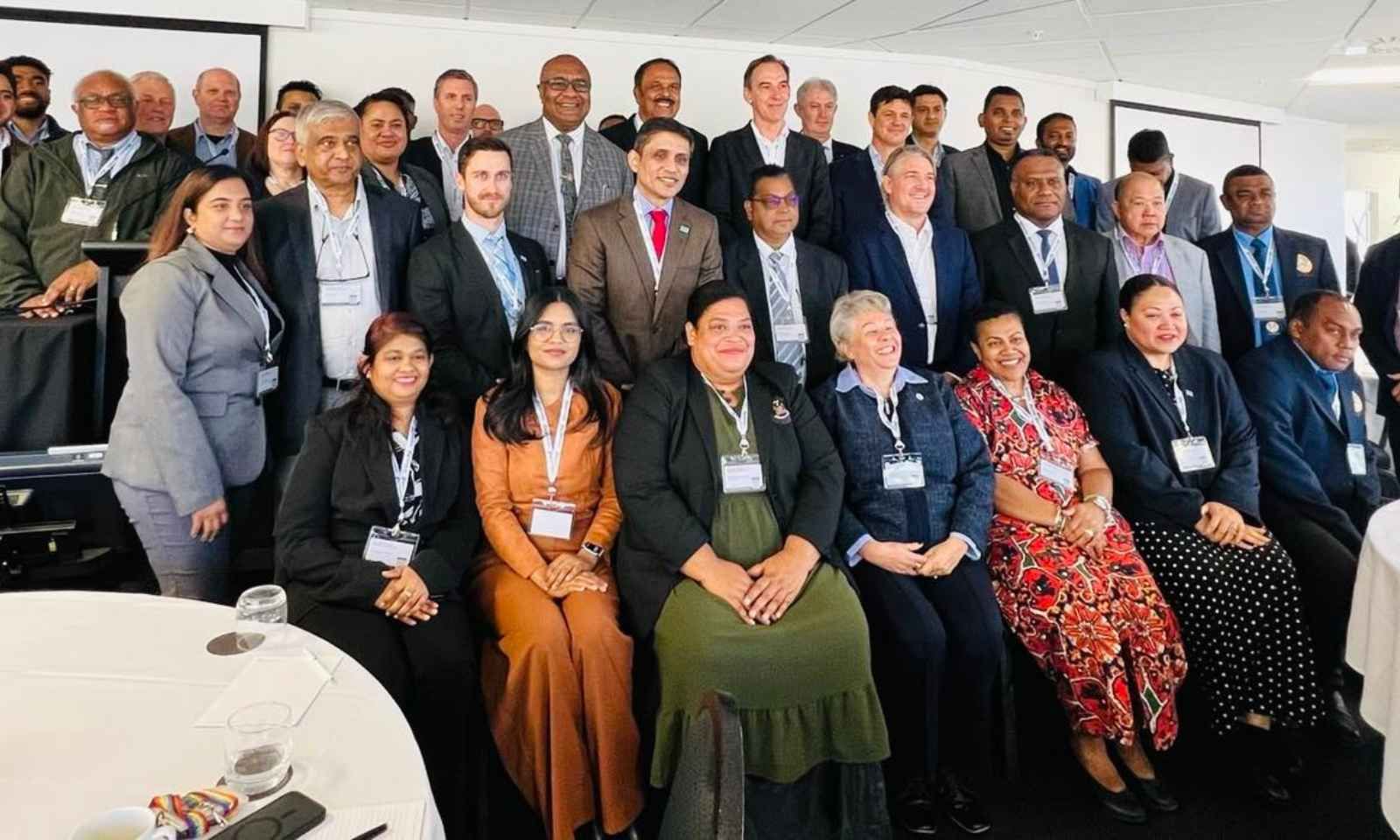
Deputy Prime Minister and Trade Minister Manoa Kamikamica, joined by Fijian business leaders in Wellington. Photo/Supplied
“That's been probably one of the main issues in terms of our agriculture, we haven't structured it out well enough.
“What generally happens sometimes is people are planting in Fiji, and then when it's time to export their produce, they get told there's no market and that's quite devastating for our farmers back at home.”
He views the first stop in his trade mission, Wellington, as an opportunity to showcase Fiji’s capabilities and connect with New Zealand businesses, laying the groundwork for deeper collaboration in agriculture, tourism, and investment.
Fiji is New Zealand’s biggest trading partner in the Pacific, with a two-way trade worth around NZ$1.3 billion as both partners aim to grow it to $2 billion by 2030.
Listen to Manoa Kamikamica's full interview below.
Kamikamica says agriculture offers one of the biggest opportunities for growth, noting that infrastructure, particularly renewable energy projects like hydro projects, is another area where New Zealand’s expertise is strong.
“There's a construction boom that's going to happen in Fiji and I expect a lot of the material will come from New Zealand, particularly the steel and other building material.
“So, from my perspective, we are working well together to develop a lot more deeper relationships and to develop the opportunities here [in New Zealand].”